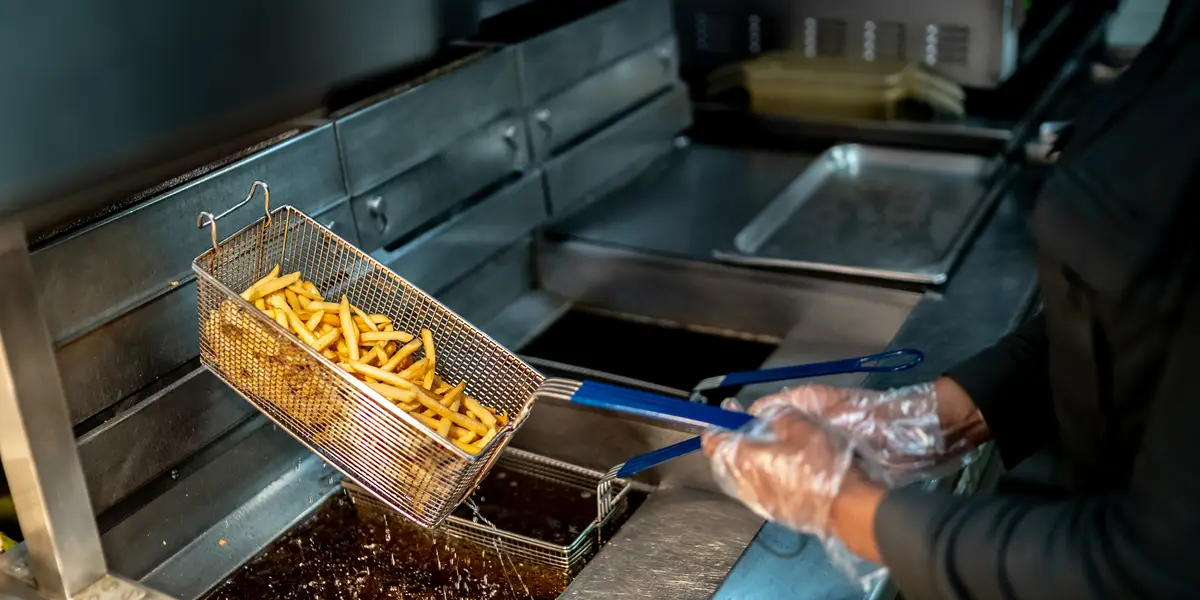Franchised businesses have always played a fundamental role in the economy. More than 60 percent of all jobs added annually in the U.S. occur in small businesses, including franchised locations. According to data from the International Franchise Association, franchise-format businesses indirectly accounted for $1.6 trillion in economic output for the U.S. economy.
Franchises are also the boots on the ground in local communities. They have the potential to take a direct, hyper-local approach to meeting the needs of people, causes, and cultures. And franchise networks can help entrepreneurs boost economic investment, employment opportunities, and engagement in their community.
Franchises and parent companies alike can stand to benefit from a smart approach to local community engagement. They also risk a reputational or financial hit if things go wrong. Now more than ever before, there is a business imperative for companies to approach franchising correctly.
A History Lesson
It’s impossible to have a nuanced conversation about what more franchises can do for their communities without first acknowledging the foundational, ongoing discussions about what more franchises should be doing.
Many service workers at franchises are adults supporting families who have pressing needs for scheduled hours, retirement savings, healthcare, and living wages. Millions of Americans working full-time jobs—most of them in restaurants, department stores, and grocery stores—rely on federal health care and food assistance programs because of low wages. Service workers are just as likely to be a parent living paycheck to paycheck without the cushion of employer-sponsored healthcare as a nineteen-year-old who graduated from the local high school.
While much was said during the COVID-19 pandemic about the need for better treatment of frontline service workers— ranging from pay and hours to benefits and paid sick leave—far fewer conversations touched on the fact that typically individual franchise owners, not parent brand companies, have complete control over the wages, schedules, and benefits given to workers.
For example, before the Families First Coronavirus Response Act was passed last March, more than half a million McDonald's workers did not have paid sick leave because their franchisees did not offer it to employees – despite the fact that the McDonald’s Corporation did. Roughly 95% of McDonald’s locations are owned and operated by independent franchisees, and that independence had far-reaching effects on employee turnover, franchise financial performance, the reputation of the McDonald’s brand name, and even the very nature of how we discuss service workers’ needs.
These concerns are just a small handful of the many issues facing franchised businesses. So, as those involved figure out what role their franchises can — and should — play in communities, how can they be sure they are taking the right approach?
-
Get to Know Your Workers; Get to Know Your Neighbors
Despite the power of national name recognition and support, franchises are run and made special by local employees whose paychecks go right back into the community.
There are several misconceptions about franchises and the people who keep them running that should be dispelled. For one, it’s a common myth that the overwhelming majority of fast-food employees are teenagers and workers in their early twenties with lower levels of education.
Contrary to popular perception, data from the last several years shows this isn’t the case. In New York alone, 72% of fast-food workers at multi-store chains were aged 22 or older at the time of the study, and nearly two out of every five were 35 and older. Almost half (47%) attended college and 20% had a bachelor’s degree or higher. In committing to DEI and championing diverse causes as a parent company/ local franchise, this diversity in age, education, experience, and needs is important to take into account.
Providing competitive, tangible support to employees may cost a little more upfront, but it can help ensure lower turnover rates, higher engagement and satisfaction levels, and a reputation for being a desirable place to work.
For example, Starbucks has spent the last few years building out increasingly competitive parental leave policies, sick day accrual, and tuition assistance packages for employees. In an era of buzzwords and flashy but fringe benefits, Starbucks has made a compelling case for focusing on the basic necessities of their workers.
-
Invite the Community to the Table and Make Them Want to Stay
The most successful franchise efforts reap rewards when they truly integrate into the local community. As neighborhoods recover from COVID-19 and workers continue to call for better benefits packages, more flexible schedules, and higher base wages, franchises have a chance to create opportunities for others.
We can look to McDonald’s as an example again, this time for what they are getting right. With over 38,000 locations globally, it’s no small undertaking to approach community engagement, but from the top-down they typically do a good job of tailoring initiatives — from partnerships and grants to involvement with local NAACP chapters and charitable organizations — to each community they are located in.
When it comes to internal engagement, franchise networks can assist location owners to reduce turnover by sharing best hiring and retention practices. News stories about worker shortages, location shutdowns, and difficulty staffing storefronts may put fear into the minds of budding entrepreneurs. However, the age-old adage, “If you build it, they will come” still holds true. Creating a better environment both inside and outside the franchise will generate goodwill from the community and keep workers more engaged, leading to lower turnover and better service — and paving the road toward future growth.
-
A Future-Forward Framework for Franchises
The same question is being asked across every industry as COVID-19 moves into the past: what’s next?
Although some think that the clock is ticking for franchises after the pandemic, the truth is that they actually have an exciting role to play in the future of business. Making a connection with a trusted third-party partner can help mitigate risk while showing parent companies and franchise owners alike the full range of benefits that franchise networks offer.
Ichor can work with companies to ensure that all their locations and leadership are fully ready to make an impact at the local level. This includes improving your understanding of local needs and pain points—both within local communities and among employees—and crafting strategic plans to address those issues.




